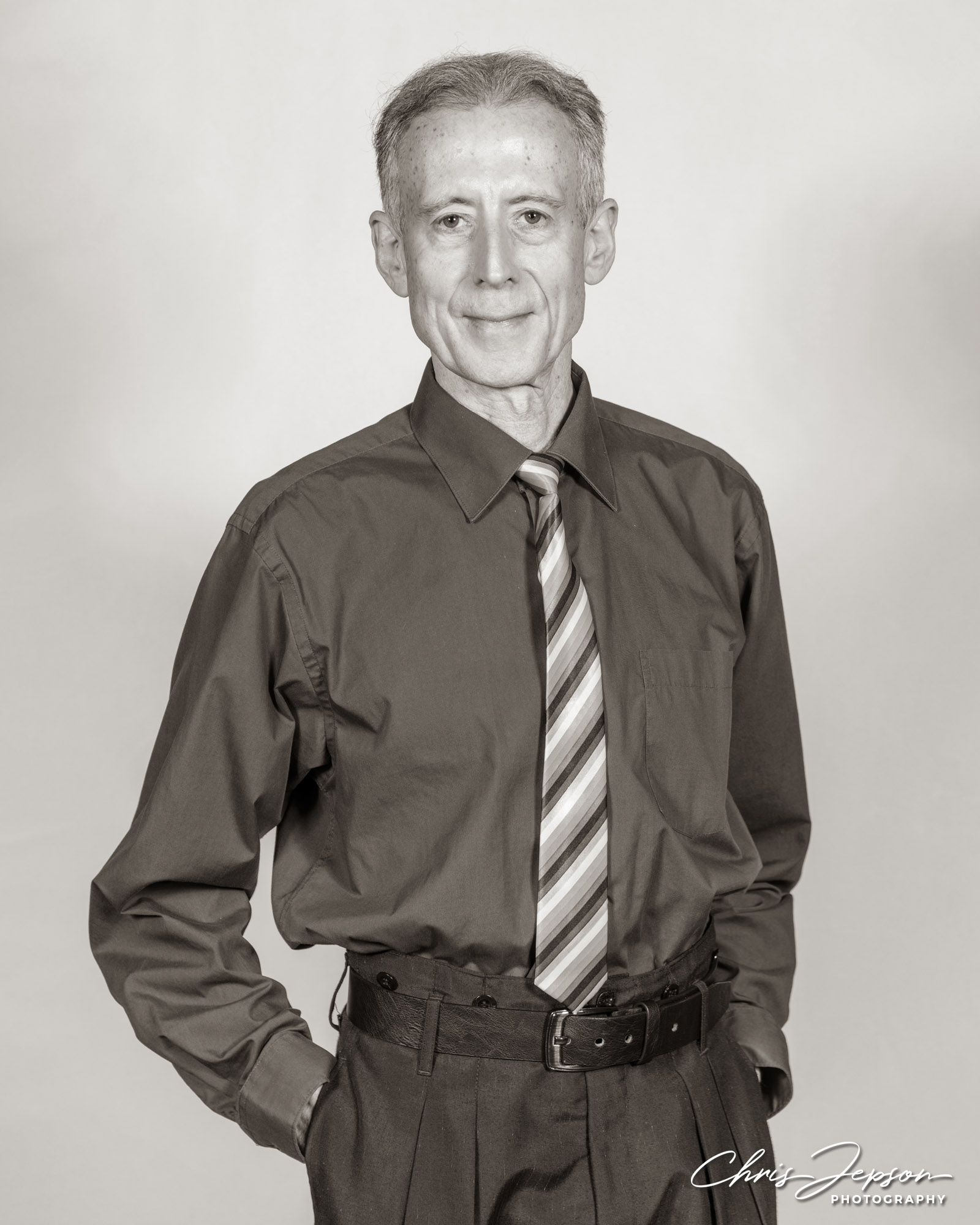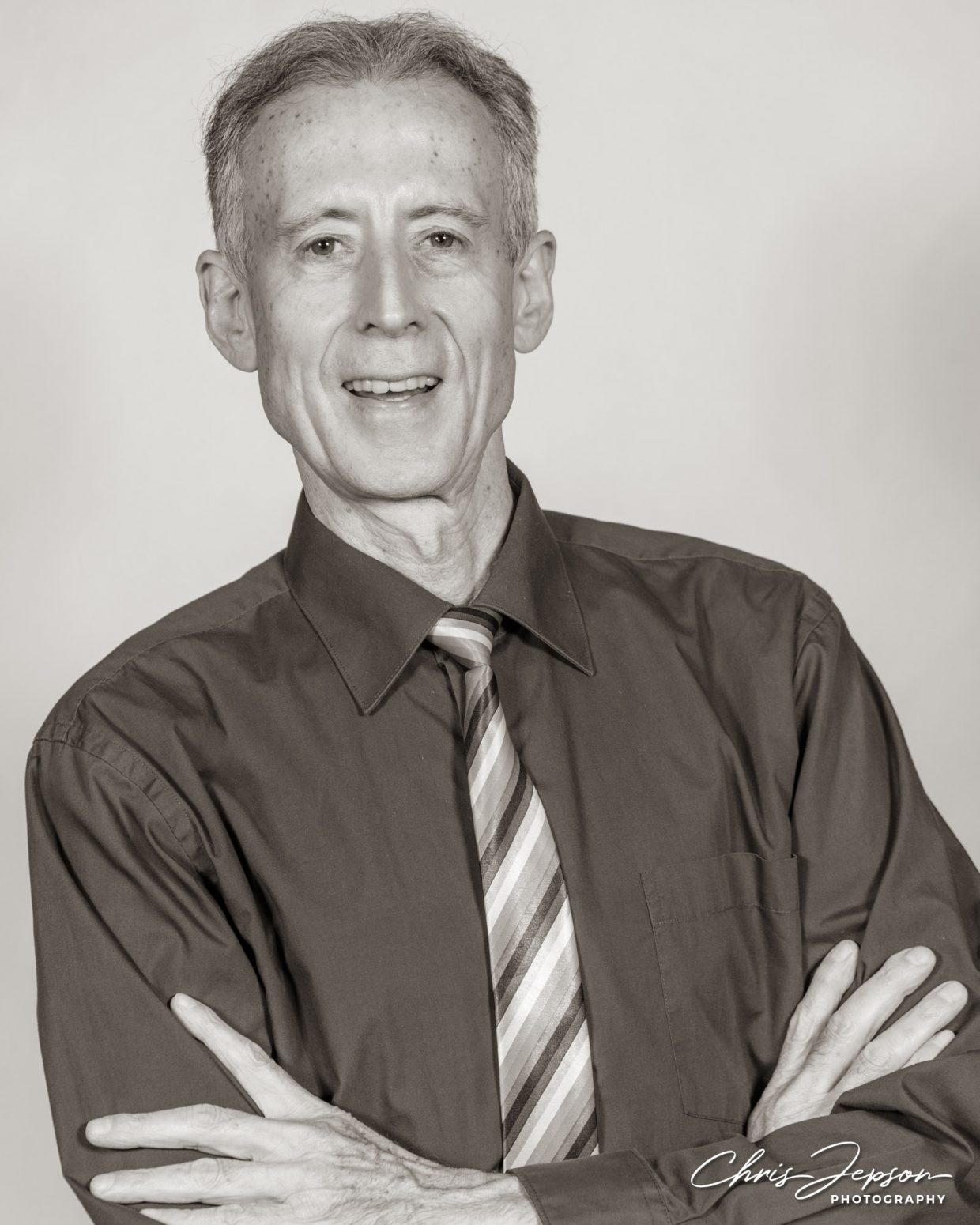Peter Tatchell
Australian-born Peter Tatchell is one of Britain’s best known and longest surviving LGBT+ and human rights campaigners. He’s supported nearly every major human rights campaign for the last half a century – and taken on everyone from Mike Tyson to Tony Blair and the Archbishop of Canterbury.
He first began campaigning while still at school in 1967 aged 15, against the death penalty and the execution of Ronald Ryan in his home state of Victoria, Australia. He went on to champion indigenous Aboriginal rights and oppose Australia’s involvement in the Vietnam war.
On moving to London in 1971, he was prominent in the newly-formed Gay Liberation Front and famously confronted Prof Hans Eysenck over his support for electric shock aversion therapy to supposedly cure homosexuality.
He helped organise the UK’s first LGBT+ Pride parade in 1972 and the following year staged the first LGBT+ protest in a communist country, East Germany, and was arrested by the Stasi.
He also exposed how the Nazi war criminal, SS Dr Carl Vaernet, escaped prosecution with Allied connivance, and lived openly in Argentina after WW2.
He stood as the Labour candidate in the notorious 1983 Bermondsey by-election – often regarded as the dirtiest, most violent and homophobic election in Britain since 1945. In 1990 he was a founding member of the LGBT+ campaign group OutRage! Its activism against homophobic discrimination included the most numerous and sustained direct action protests in Britain since the suffragettes.
Over the last five decades, he’s participated in 3,000 peaceful protests, been arrested 100 times and suffered 300 violent assaults by homophobes and far right extremists, including 50 attacks on his flat. He has described the violent assaults as like living through a low-level civil war and for many years has suffered from PTSD.
He was beaten unconscious by President Mugabe’s bodyguards when he tried to make a citizen’s arrest in Brussels in 2001 and suffered a severe beating by neo-Nazis in Moscow in 2007 when he supported the bid by Russian LGBTs to hold a Pride parade.
“My coordination, memory, balance, vision and concentration are somewhat impaired. Campaigning is more difficult but I still manage. I’ve no regrets. Compared to the jailing and torturing of human rights defenders in China, Russia, Syria and Uganda, I’ve got off lightly,”
He has helped play a major role in changing public attitudes and laws with regard to LGBT+ people.
What does your identity mean to you?
It is important but only one aspect of who I am.


